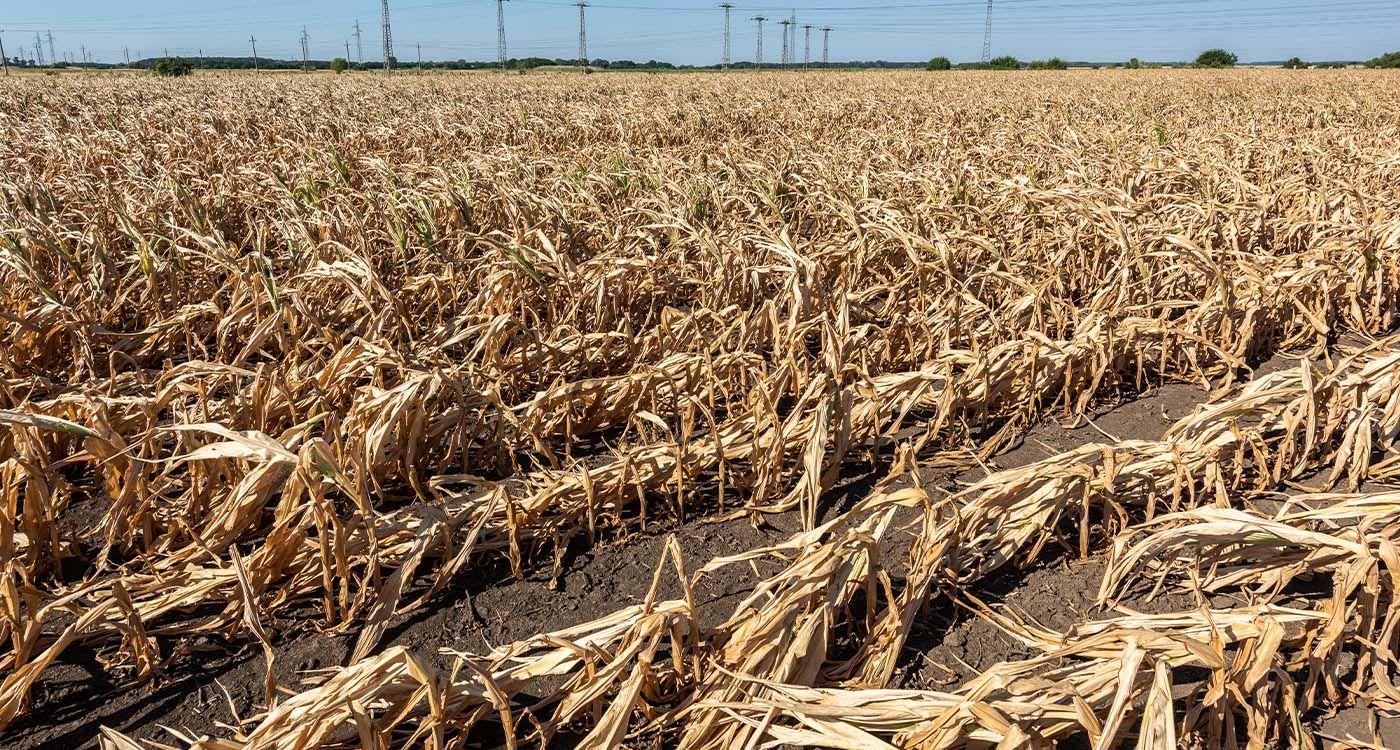
Beirut recorded less than 350 mm of rainfall between November and March—well below the annual average of 800 mm—making the winter of 2024-2025 one of the driest in the last 20 years, according to official data. In the Beqaa, a vital agricultural hub, precipitation fell by over 45% compared to the seasonal average.
This severe drop disrupted the natural recharge of groundwater, reducing the flow of several springs and rivers, including the Litani, by 30%. As a result, the irrigation season has begun under critical conditions.
Agricultural production is now on high alert. Preliminary estimates from the Ministry of Agriculture and the FAO indicate that apple harvests could decline by 25%, especially in Akkar and northern Beqaa. Banana crops, mostly grown along the coast, face an estimated 30% reduction due to limited irrigation. Avocado yields, heavily impacted by water stress, could decrease by up to 40%. Potato cultivation areas have shrunk by 20%, with yields expected to drop by 35%.
Citrus fruits, such as lemons and oranges, are projected to suffer losses ranging from 15% to 20%, depending on the region. Cherry orchards, highly vulnerable to climatic shifts, report potential losses as high as 60%, while plum production may fall by 35%.
“Nearly 40% of farmers in the affected areas risk losing up to half of their income this season,” a local farmer told This is Beirut. He explained that fruits are prematurely dropping due to drought stress and are likely to be smaller because of insufficient water. However, he noted that “older trees, with their deeper roots, tend to better withstand water scarcity.”
Amid this critical situation, Beqaa governor Kamal Abou Jaoudeh has raised the alarm. In a series of letters to key institutions—including the Beqaa Water Authority, the National Litani Authority, the Lebanese Agricultural Research Institute (LARI) and the Ministry of Agriculture—he called for “urgent preventive measures to tackle the alarming decline in groundwater and surface water reserves, warning of a potential disaster for a sector vital to both the region and the national economy.”
He also urged the rational use of water, improved irrigation management and the safeguarding of farmers’ access to this essential resource, while protecting public health.
Lebanon’s Agricultural Economy on the Edge
Lebanon’s agricultural sector accounts for just 5% of the national GDP but provides nearly 20% of rural employment, making it a crucial economic and social pillar. Facing a drought of this magnitude, the consequences are severe and wide-ranging. The expert highlights “declining agricultural exports, rising prices of local produce, growing dependence on imports, increased financial strain on already indebted farmers and the risk of seasonal shortages of certain fruits and vegetables during summer.”
Drought is not inevitable, but without smart and coordinated water management, Lebanon risks losing a vital part of its agricultural wealth.
“Urgent measures are needed to invest in modern irrigation systems, efficiently capture and store rainwater, protect aquifers and train farmers in sustainable water management,” stresses the farmer.
If rain doesn’t fall in Lebanon, hardships fall the hardest on farmers—and before long, on consumers too.




Comments